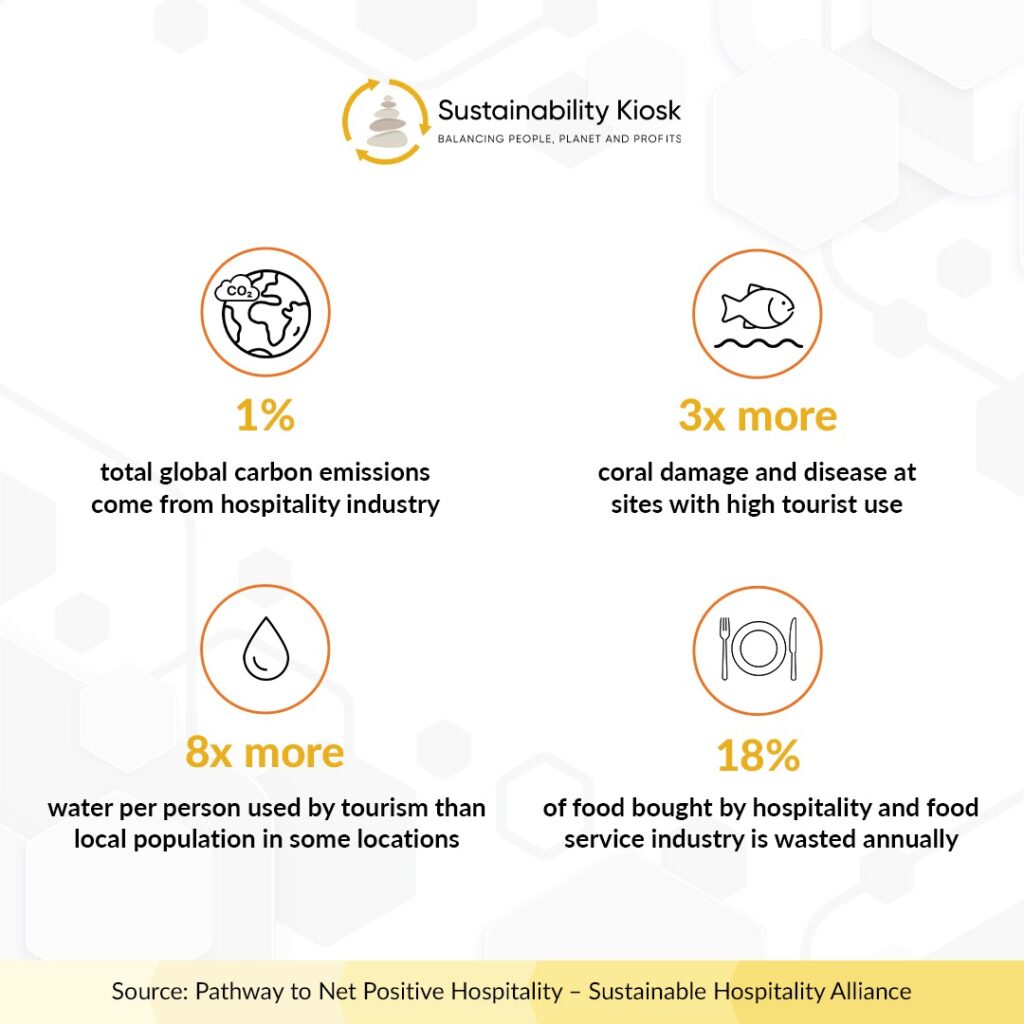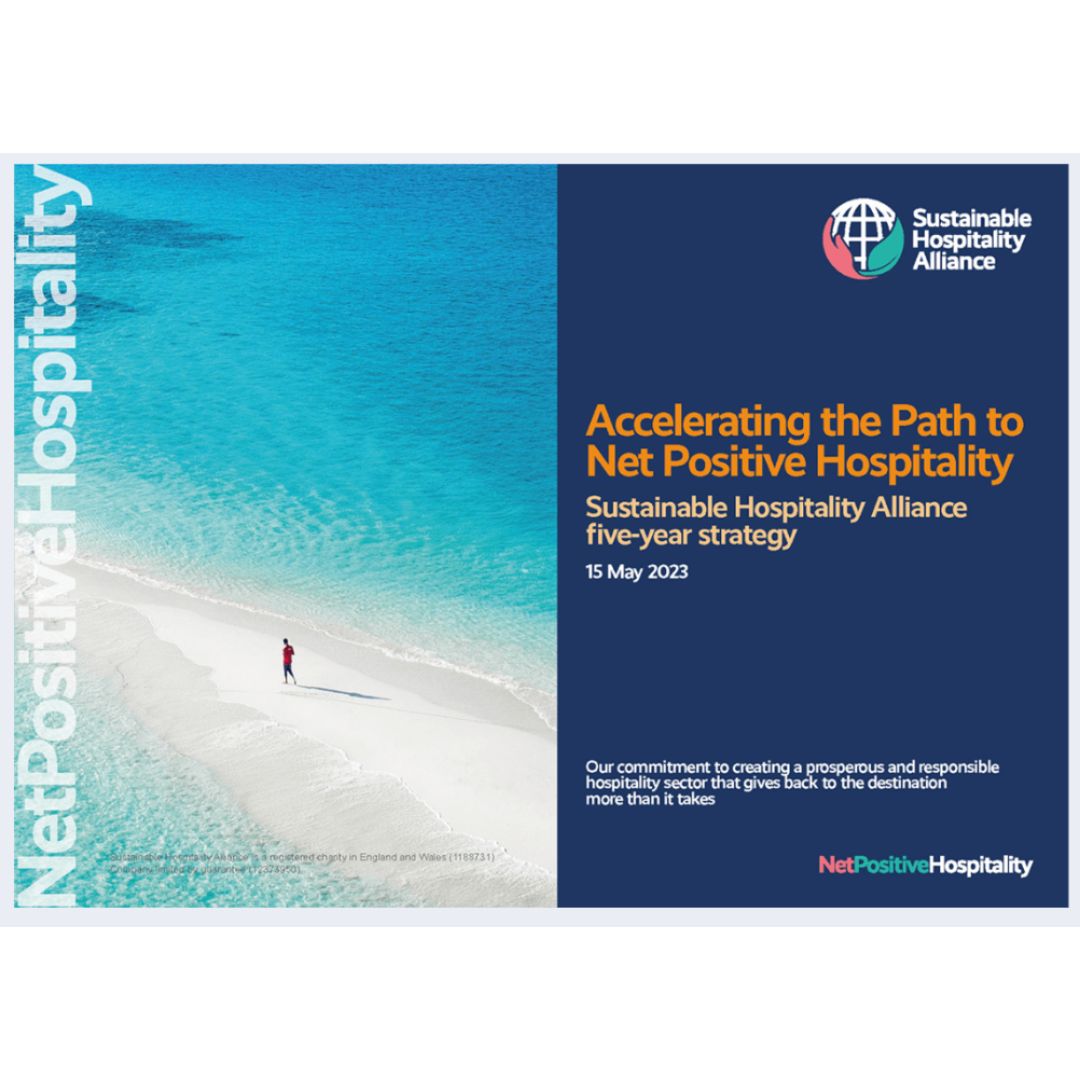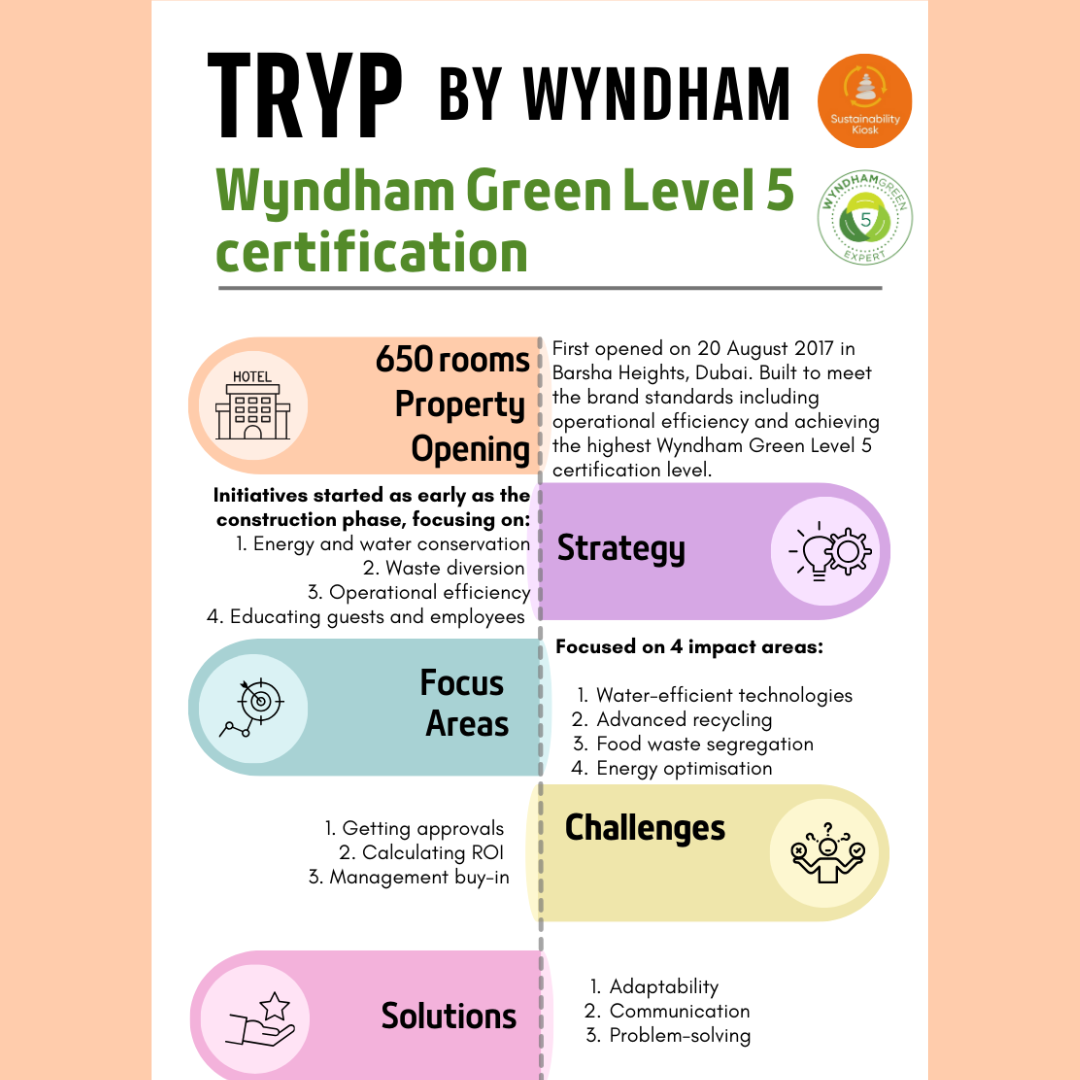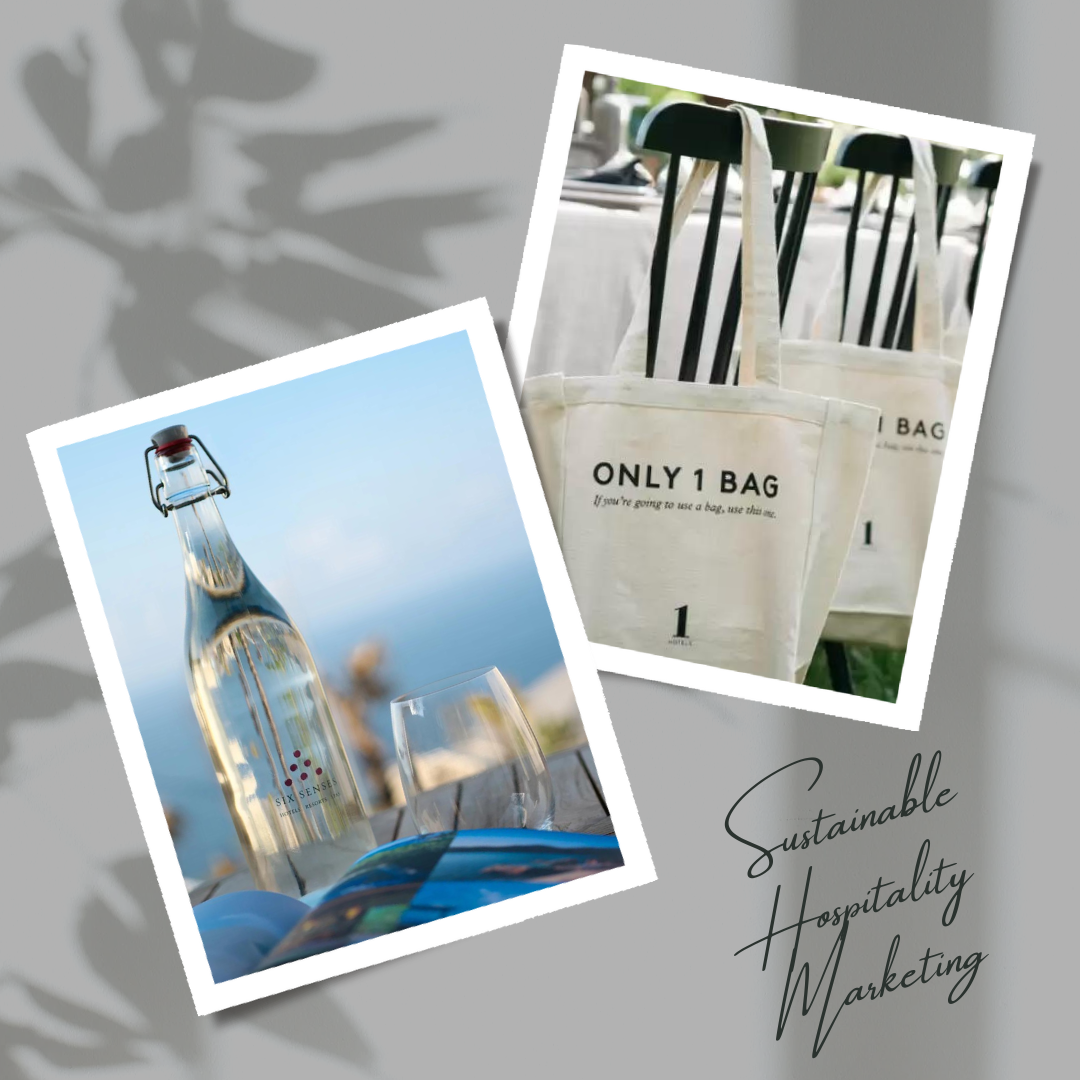Sustainable Development: The Key to Sustainable Tourism
Sustainable development has become a global imperative, driven by the urgent need to address environmental, social, and economic challenges. One area where the principles of sustainable development are paramount is in the realm of tourism. Sustainable tourism, often referred to as eco-tourism or responsible tourism, represents a harmonious approach that seeks to minimize negative impacts on the environment while maximizing benefits for local communities and economies.
At its core, sustainable development seeks to strike a balance between the needs of the present without compromising the ability of future generations to meet their own needs. This concept aligns seamlessly with sustainable tourism, as it acknowledges that the allure of travel and exploration must not come at the expense of our planet’s delicate ecosystems.
One of the primary reasons sustainable development is crucial for sustainable tourism is the preservation of natural resources. The beauty of many tourist destinations lies in their pristine landscapes and unique biodiversity. Unsustainable practices such as overdevelopment, pollution, and habitat destruction threaten these environments, jeopardizing not only the ecosystems themselves but also the tourist industry that depends on them.
Economic sustainability is also a critical aspect of the sustainable development-sustainable tourism nexus. By fostering responsible tourism practices, destinations can ensure a more consistent and long-lasting flow of income. This stability supports local businesses, encourages entrepreneurship, and reduces dependency on volatile tourism trends.
Governments play a pivotal role in driving sustainable tourism development.
Governments are essential drivers of sustainable tourism development; they have the authority, resources, and capacity to create a conducive environment for responsible tourism. Their involvement is crucial in safeguarding the environment, promoting economic and social well-being, and ensuring that tourism benefits both present and future generations. Dubai has developed a regulatory framework for the industry in an effort to achieve its goals.
Dubai Economy and Tourism (DET) launched the DST initiative, which aims to make Dubai a sustainable tourism destination. This initiative focuses on four key pillars: economic, social, cultural, and environmental sustainability. They have done this through implementing and increasing initiatives and knowledge in several key subject areas.
Sustainable Tourism Policies and Regulations:
The implementation of regulations and policies to encourage sustainability in the tourism industry. These include guidelines for sustainable hotel operations, waste management, and environmental impact assessments for tourism projects. These Policies and regulations are heavily enforced and audited. (The 19 Sustainability Requirements and the Carbon Calculator). There has also been an enormous focus on key areas such as;
- Green Tourism Incentives, including Certifications.
- Energy and Water Conservation: Implementing programs to reduce energy and water consumption. Hotels and resorts are encouraged to adopt energy-efficient technologies and water-saving measures.
- Waste Management: Introduction of waste reduction and recycling programs including initiatives to reduce single-use plastics and encourage responsible waste disposal.
- Tourism Education and Training: Offering training and educational programs for tourism professionals to promote responsible and sustainable tourism practices. These programs help tourism stakeholders understand the importance of sustainability and how to implement it.
- Initiatives have also been built around Wildlife Conservation, Transportation, Community Engagement, Tourism Promotions and Cultural Preservation:
Impact of Hospitality
The hospitality industry has a significant impact on energy consumption, water usage, and waste generation globally due to the nature of its operations. While the precise impact can vary widely based on factors such as location, size of the establishment, and practices in place. Each property still must strive to make reductions where they can.
Efforts to Mitigate Impact
Many hospitality businesses are increasingly aware of their environmental footprint and are implementing sustainability measures to reduce their impact. These measures can include energy-efficient lighting, HVAC systems, water-saving fixtures, waste recycling and reduction programs, and initiatives to reduce food waste.
It’s important to note that the impact of the hospitality industry on energy, water, and waste can vary widely depending on factors like the level of eco-consciousness of the establishment, local regulations, and guest behaviour. Many hotels and resorts are working towards sustainability certifications, such as LEED (Leadership in Energy and Environmental Design) or ISO 14001, to address these challenges and promote responsible environmental practices within the industry.
Public and private entities in the Middle East recognize the challenges posed by burgeoning tourism and are actively taking measures to ensure its sustainability.
Governments, private sectors, and international organizations are collaborating to establish frameworks for a workable roadmap to achieve goals.
- The World Travel and Tourism Council (WTTC) offers the WTTC Hotel Sustainability Basics framework, a coordinated set of sustainability indicators that all hotels should adopt as a minimum standard.
- The Sustainable Hospitality Alliance offer a pathway to net-positive Hospitality.
- There are several certification programs that focus on sustainability in the hospitality industry as it relates to operations and best practices.
Do you Need Support?
Navigating capacity building, goal setting, and government regulations can be overwhelming. At Sustainability Kiosk, we specialize in the hospitality industry, making us experts in operational efficiency and regulatory compliance. With a deep understanding of the industry’s challenges, we’re here to help you meet guidelines, find sustainable solutions, and communicate your successes effectively to your community.
Written by: Tiffany McGrath









